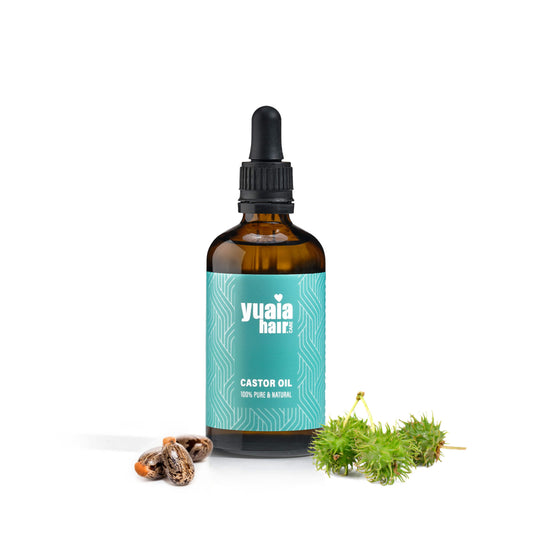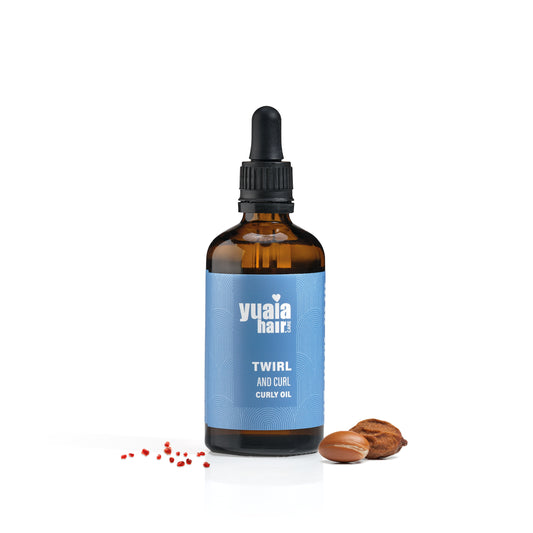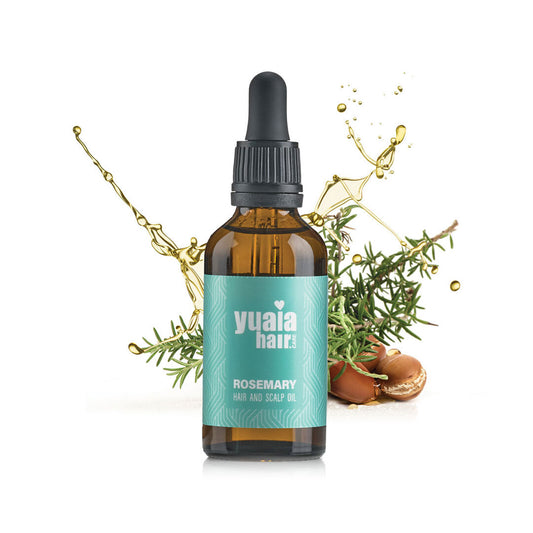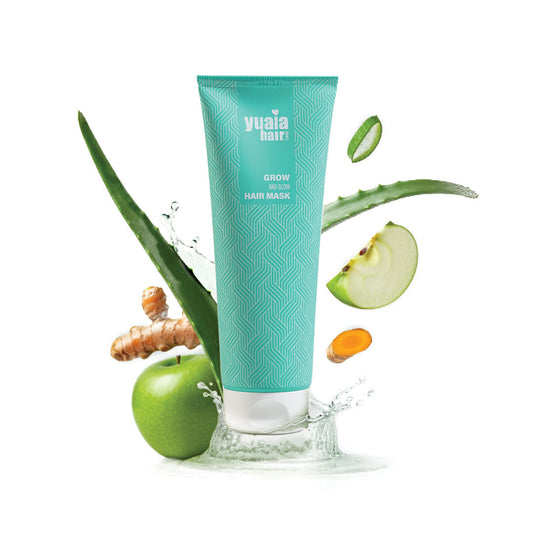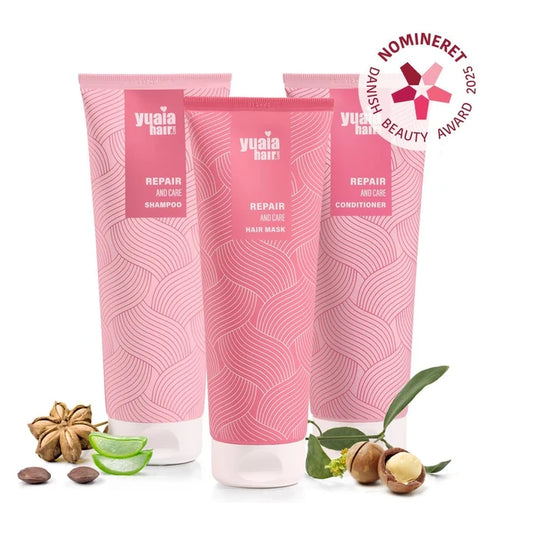
Purpose of this guide
The purpose of this blog post is to provide a comprehensive comparison of castor oil and jojoba oil, helping you determine which oil is best suited for your hair type and goals. By exploring the unique properties and benefits of each oil, we aim to guide you in making a choice that aligns with your personal haircare needs. Whether you're looking to deeply moisturize your hair, balance scalp oils, or simply try something new, this guide will offer the insights you need to incorporate these natural oils into your routine effectively.
Factual comparison: Castor oil vs jojoba oil
When comparing castor oil and jojoba oil, it's essential to understand their distinct compositions and benefits. Castor oil is primarily composed of ricinoleic acid, which makes up about 90% of its fatty acids. This high viscosity oil is deeply moisturizing, forming a protective barrier that helps retain moisture in the hair. It's particularly beneficial for those seeking to enhance hair thickness and strength, as it promotes moisture retention and protects against breakage. Additionally, castor oil's anti-inflammatory, antifungal, and antibacterial properties make it a valuable ally in maintaining scalp health and addressing issues like dandruff.
On the other hand, jojoba oil is primarily made up of eicosenoic acid and other fatty acids. Unlike castor oil, jojoba oil is technically a wax ester that closely resembles scalp sebum, making it an excellent choice for balancing scalp oils and enhancing shine. Its lightweight nature allows for daily use without leaving a greasy residue, making it especially suitable for those with oily or sensitive scalps.
Hair type recommendations

Choosing between castor oil and jojoba oil largely depends on your hair type and specific needs. For those with thick or coarse hair, castor oil is recommended due to its deep conditioning and moisture-retaining properties. It can help manage dryness and prevent breakage, making it an ideal choice for those looking to enhance the resilience and fullness of their hair.
Conversely, jojoba oil is a better option for oily or sensitive scalps. Its gentle, non-greasy moisturizing effect balances natural oils and soothes the scalp without clogging pores. This makes it an excellent choice for daily maintenance and for those prone to scalp conditions like psoriasis.
For those with mixed hair needs, blending the two oils can offer a balanced approach to hair care. This combination allows you to enjoy the deep conditioning benefits of castor oil while maintaining the lightweight, non-greasy feel of jojoba oil, catering to a variety of hair and scalp requirements.
Practical applications and DIY blending
Integrating castor oil and jojoba oil into your hair care routine can be both simple and rewarding. To maximize the benefits, consider how each oil can be used effectively. Castor oil is ideal for weekly deep conditioning treatments. Its thick consistency allows it to coat the hair strands, providing intense moisture and protection against breakage. Apply it generously to your hair, focusing on the ends, and leave it on for at least 30 minutes before washing it out.
Jojoba oil, on the other hand, is perfect for daily scalp maintenance. Its lightweight nature ensures it doesn't weigh down your hair, making it suitable for regular use. Simply massage a few drops into your scalp to balance natural oils and maintain a healthy scalp environment.
For those with mixed hair needs, a DIY blend of castor and jojoba oils can offer a balanced approach. By combining the deep conditioning properties of castor oil with the lightweight moisturizing effect of jojoba oil, you can create a personalized hair treatment that caters to your specific requirements.
Personalized haircare with natural oils
Experimenting with both castor oil and jojoba oil can help you discover the ideal routine for your unique hair type. Understanding your hair and scalp needs is important for achieving optimal results. By tailoring your haircare regimen to include these natural oils, you can enhance your hair's health and appearance. Whether you prefer the deep conditioning of castor oil or the gentle moisture of jojoba oil, finding the right balance will allow you to enjoy the benefits of both.
Frequently asked questions
Can castor oil and jojoba oil be used together?
Yes, they can be blended for a synergistic effect, especially beneficial for mixed hair/scalp needs.
Which oil is better for promoting hair growth?
While both oils support healthy hair and scalp, there is limited scientific evidence directly linking them to accelerated hair growth.
Is jojoba oil suitable for all hair types?
Yes, its lightweight and non-greasy nature makes it suitable for most hair types, especially for those with oily or sensitive scalps.
How often should I use castor oil in my hair care routine?
It's best used as a weekly treatment for deep conditioning and moisture retention.
 2-4 day UK delivery
2-4 day UK delivery
 25.000+ satisfied customers
25.000+ satisfied customers
 Satisfaction Guarantee
Satisfaction Guarantee



















